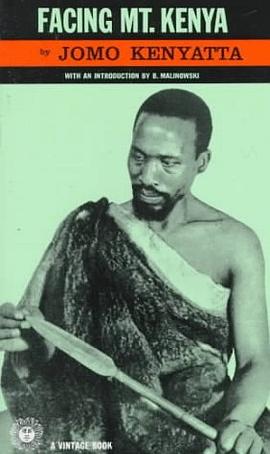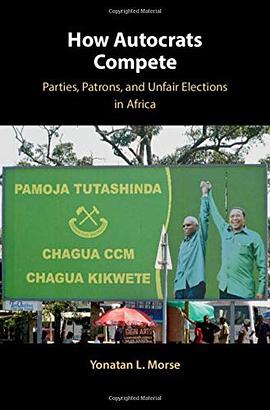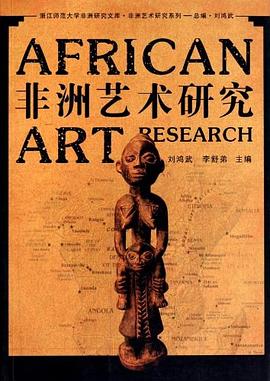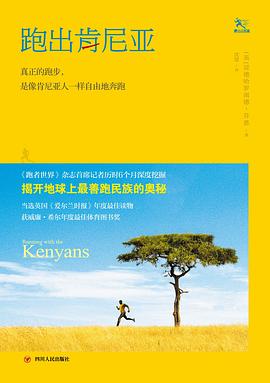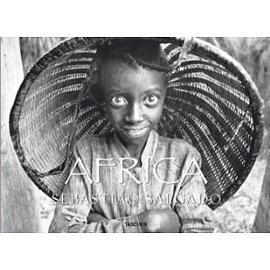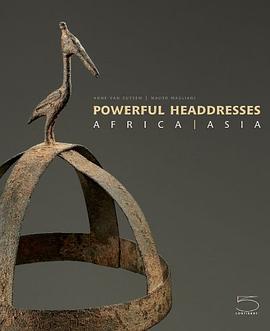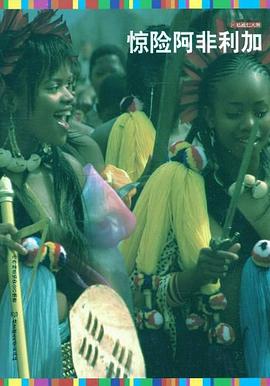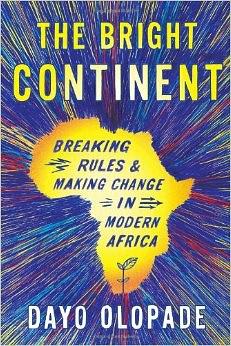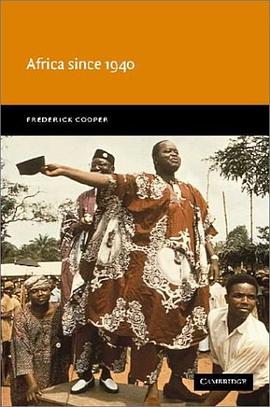

In 1996, the sub-Saharan African country of Ruritania launched a massive waterworks improvement project, funded by the Normesian Development Bank, headquartered in Urbania, Normland, and with the guidance of Shilling & Partner, a consulting firm in Mercatoria, Normland. Far-Fetched Facts tells the story of this project, as narrated by anthropologists Edward B. Drotlevski and Samuel A. Martonosi. Their account of the Ruritanian waterworks project views the problems of development from a new perspective, focusing on technologies of inscription in the interactions of development bank, international experts, and local managers. This development project is fictionalized, of course, although based closely on author Richard Rottenburg's experiences working on and observing different development projects in the 1990s. Rottenburg uses the case of the Ruritanian waterworks project to examine issues of standardization, database building, documentation, calculation, and territory mapping. The techniques and technologies of the representational practices of documentation are crucial, Rottenburg argues, both to day-to-day management of the project and to the demonstration of the project's legitimacy. Five decades of development aid (or "development cooperation," as it is now sometimes known) have yielded disappointing results. Rottenburg looks in particular at the role of the development consultant (often called upon to act as mediator between the other actors) and at the interstitial spaces where developmental cooperation actually occurs. He argues that both critics and practitioners of development often misconstrue the grounds of cooperation--which, he claims, are moral, legal, and political rather than techno-scientific or epistemological.
具體描述
讀後感
評分
評分
評分
評分
用戶評價
相關圖書
本站所有內容均為互聯網搜索引擎提供的公開搜索信息,本站不存儲任何數據與內容,任何內容與數據均與本站無關,如有需要請聯繫相關搜索引擎包括但不限於百度,google,bing,sogou 等
© 2025 qciss.net All Rights Reserved. 小哈圖書下載中心 版权所有


